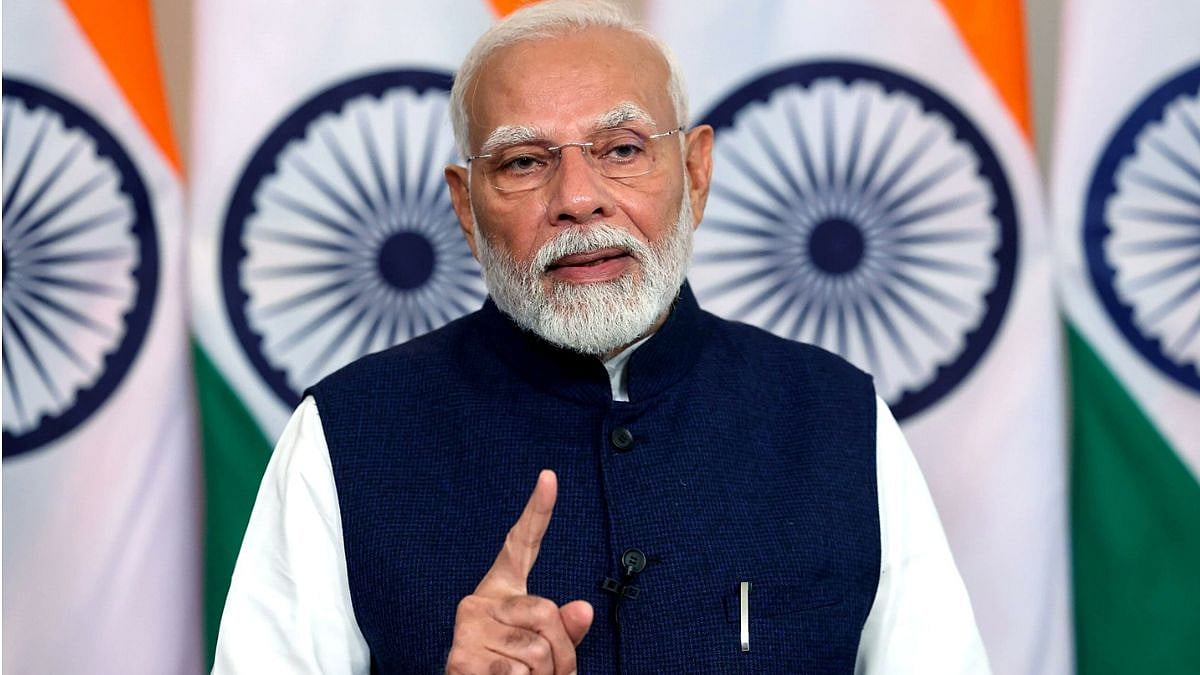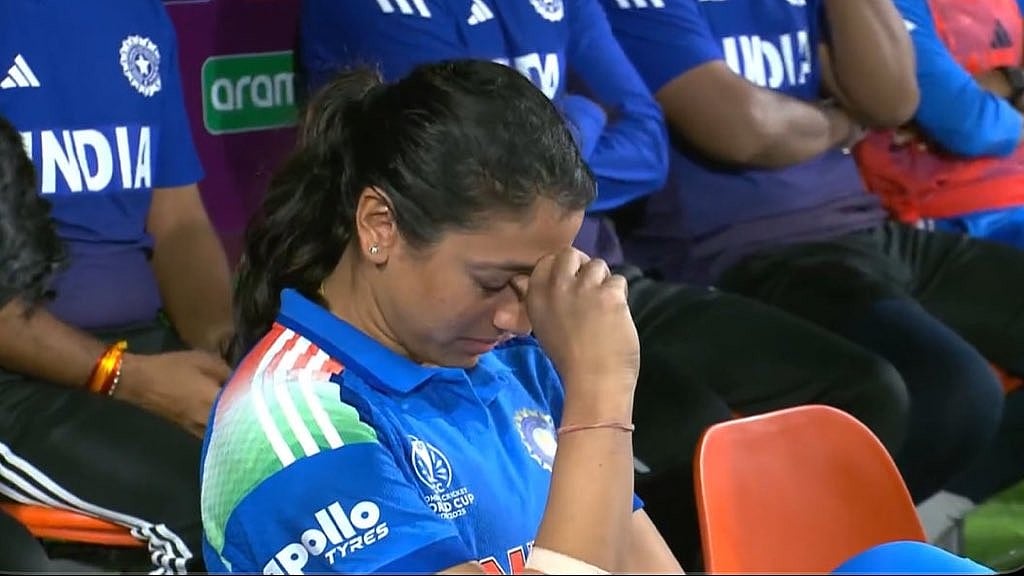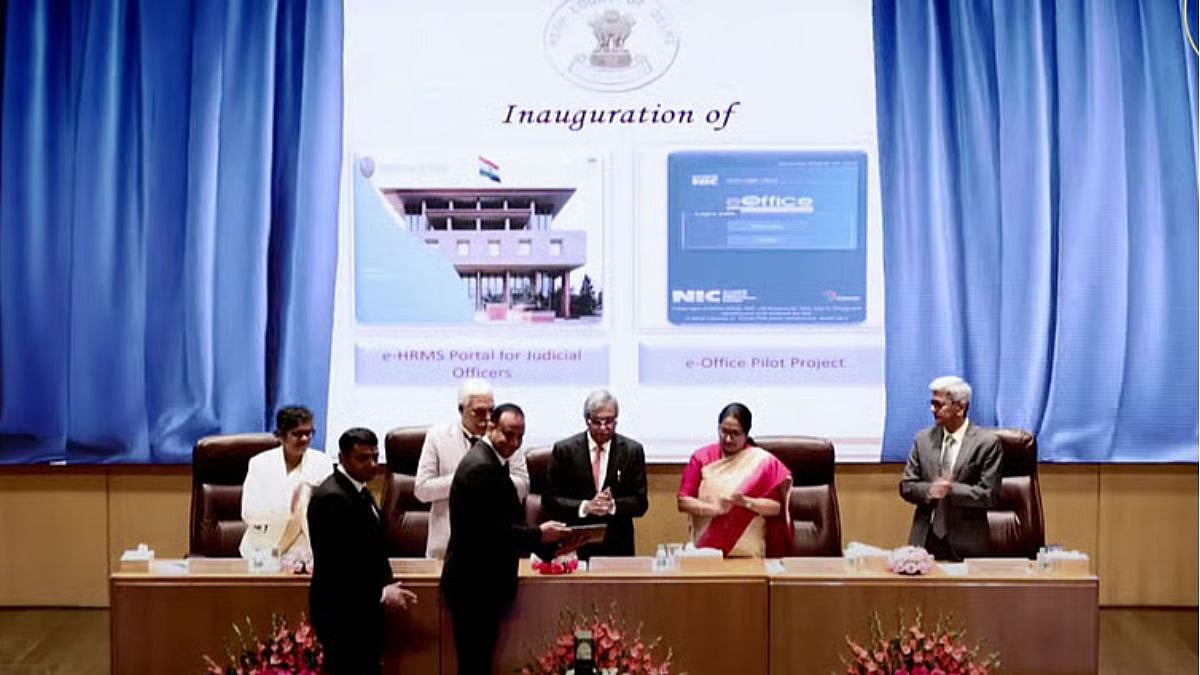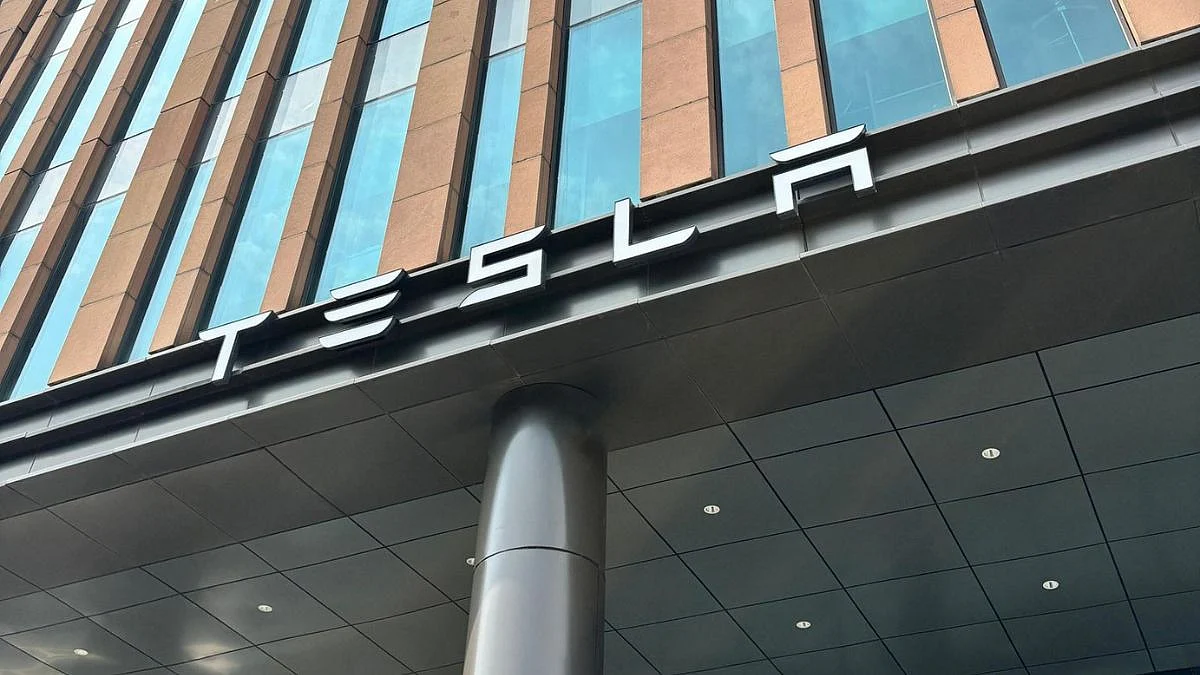NEW DELHI: Senior advocate Zaffar Shah, appearing on behalf of the Bar Association of J&K, who was the last lawyer to argue on Wednesday, said the Maharaja retained the sovereign powers by not entering into the merger agreement. He took the court through the history of J&K's accession with India.
Shah said if one looks at Article 370(a) then it seems that the provision subsumes within itself the power that the Maharaja had. He points out that the Maharaja had retained the entire residuary sovereignty with himself which includes the power to make laws.
CJI DY Chandrachud didn't agree, as he said: "Once accession takes place, there are certain fetters- that he (Maharaja) unconditionally recognises the sovereignty of India but he retains certain exceptions. He says I am surrendering powers for three areas. But what accession means is that J&K becomes an intrinsic part of India."
The bench, headed by Chief Justice D Y Chandrachud, comprises Justices Sanjay Kishan Kaul, Sanjiv Khanna, BR Gavai and Surya Kant is holding the hearing since Wednesday on last week. The hearing will be resumed on Thursday and may go on to the next week for three days on Tuesday, Wednesday and Thursday.
On Shah's clarification, the CJI recorded that the Sovereignty was transferred to the dominion of India but the power of legislation on some subjects was retained.
Shah argued not to treat J&K at par with other states that merged into India. He said Article 370 has to be continued since it is a special relationship between J&K and India. He said the Court has to examine what does the Indian Constitution do with a state that has not merged but acceded. The case of J&K is of accession, he asserted.
Former solicitor General and senior advocate Gopal Subramanium on Wednesday told a 5-judge Constitution Bench on the fourth day of the hearing challenging over 20 petitions abrogating Article 370, that the President does not enjoy the uncontrolled powers.
He said the powers under Article 370(1) are based on the understanding under Article 370 that defines the federal system. Appearing for petitioner Mujjadar Iqbal Khan through video-conferencing from his office, Subramanium said the Indian Contitution has recognition to both the state assembly and the constituent assembly.

Article 370 is a non-transitory provision
Subramanium said Article 370 is not a transitory provision and is meant to be treated as a substantive provision. He referred to the Supreme Court’s judgment in Mohd. Maqbool Damnoo v. State Of Jammu And Kashmir.
Subramanium highlights that all Supreme Court judgments postulate the continued existence of Article 370. He makes a reference again to Sampat Prakash v. State Of Jammu & Kashmir & Anr (1968). ‘If the J&K constitution has to operate, Article 370 has to be in existence. The application of the provisions of the Indian Constitution to J&K can happen only through Article 370. Article 370 cannot be used to self-destruct or modify itself’, he added.
On CJI's query whether the Instrument of Accession ceases to exist as an independent document, once J&K becomes a part of India, Subramanium said ‘Yes, it is a historical fact’.
He said the exercise of powers under Article 370 must not offend any basic principles of the Constitution. The two principles that are invoked are federalism, with its subsets autonomy and consent; and supremacy of the Constitution.
Justice Khanna says that by nature Article 370 is very flexible and that constitutional provisions are generally made very flexible for longevity purposes. He pointed out that Article 370 itself says it can be modified to make the Indian constitution applicable as it is made applicable to the other parts of the country.
The judge noted that the Constitution (Application to Jammu and Kashmir) Order, 1954 shows that the Indian Constitution was adopted with omissions and modifications as applicable to J&K. He said: "You may call it the J&K Constitution. But what was adopted was the Indian constitution with exceptions and modifications."
When a proclamation under Article 356 [President’s Rule] is in operation, limited powers can be exercised under Article 370, Subramanium contended. The CJI shot back: "Are you suggesting that when a proclamation under Article 356 [President’s Rule] is in operation, there is a fetter on the exercise of power under the second proviso of Article 370(1)(d)?"
Subramanium responded in the affirmative.
He said the Presidential orders - C.O. 272 which declares that the expression ‘Constituent Assembly of the State…’ in Article 370 (3) shall be read to mean ‘Legislative Assembly of the State’ is unlawful since the constituent assembly and the legislative assembly are by their very nature different bodies.
Subramanium argued that the complete abrogation of the 1954 Order which is constitutionally recognised under Article 370 is not permissible and implications of the abrogation of the Constitution (Application to Jammu and Kashmir) Order, 1954 are serious and irreversible.
Wanting continuation of Article 370, he said Kashmir was among the first states that gave attention to the land reforms. He said both the Indian constitution and J&K constitution address each other. He said the central question is the powers to abrogate the J&K constitution do not exist at all.
Subramanium argued that the purposes of Article 356 and Article 370 are not coincidental. ‘The exercise of powers under Article 356 cannot clothe you with legal authority under Article 370’, he added











